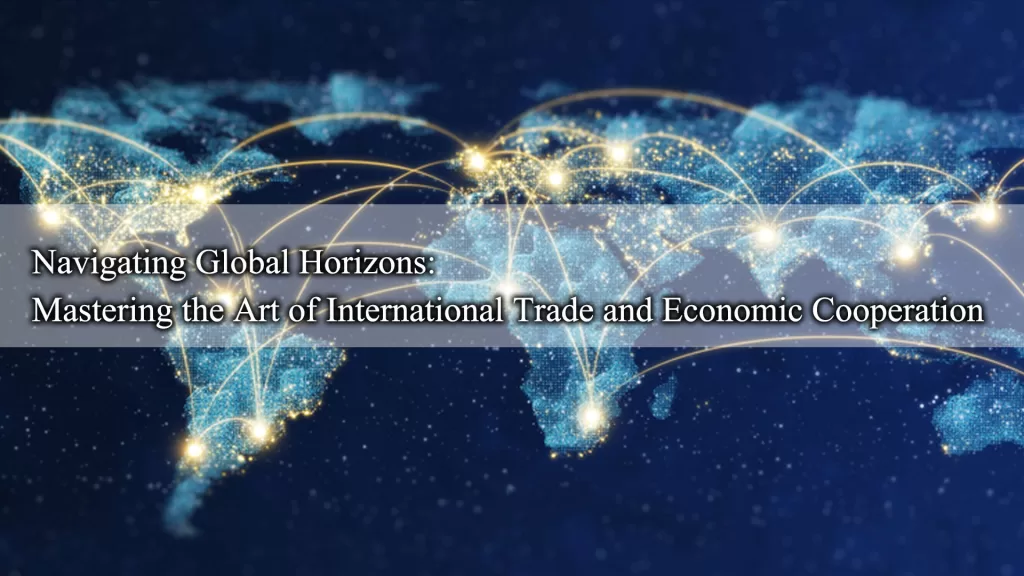
To understand the background of international trade, economic cooperation, and related trade practices, you can employ the following strategies:
-
Industry Research:
- Thoroughly investigate the involved industry, including market size, competitive landscape, and key participants. Understanding industry trends is crucial for trade decisions.
-
Understanding International Trade Policies:
- Research the trade policies of the target country or region, including tariffs, import restrictions, and exchange rate policies. This helps predict potential trade barriers and risks.
-
Trade Agreements and Terms:
- Familiarize yourself with trade agreements and related terms, such as free trade agreements and investment protection agreements. Understanding these agreements can provide better trade conditions for businesses.
-
Participation in Trade Shows and Conferences:
- Attend relevant industry trade shows and conferences to connect with industry professionals, entrepreneurs, and government representatives. This is a good way to acquire real-time information and understand market dynamics.
-
International Chambers of Commerce and Business Organizations:
- Participate in international chambers of commerce and trade promotion organizations to understand the latest developments and market trends. These organizations often provide guidance on international trade rules and standards.
-
Participation in Industry Networks:
- Join professional social networks, forums, and industry associations to share experiences with international business practitioners and gather practical information.
-
International Business Networking:
- Engage in international business networking to establish connections with professionals in the field. This can provide insights into global trade practices.
-
Industry-Specific Training and Workshops:
- Attend specialized training and workshops on international trade and cross-border cooperation to enhance your knowledge.
-
Experience Sharing:
- Exchange experiences with businesses or professionals with international trade experience. Learn about their practical operations and challenges in international trade.
-
Consulting Professional Service Providers:
- Seek professional consultancy services such as trade law advice or international business consulting to ensure the compliance and smooth progress of trade activities.
By adopting these methods, you can build a comprehensive understanding of international trade, economic cooperation, and associated trade practices, providing robust support for decision-making in global business.


“Discovering this blog is like finding a rare and precious gem. Gratitude for the reliable and well-structured information!”